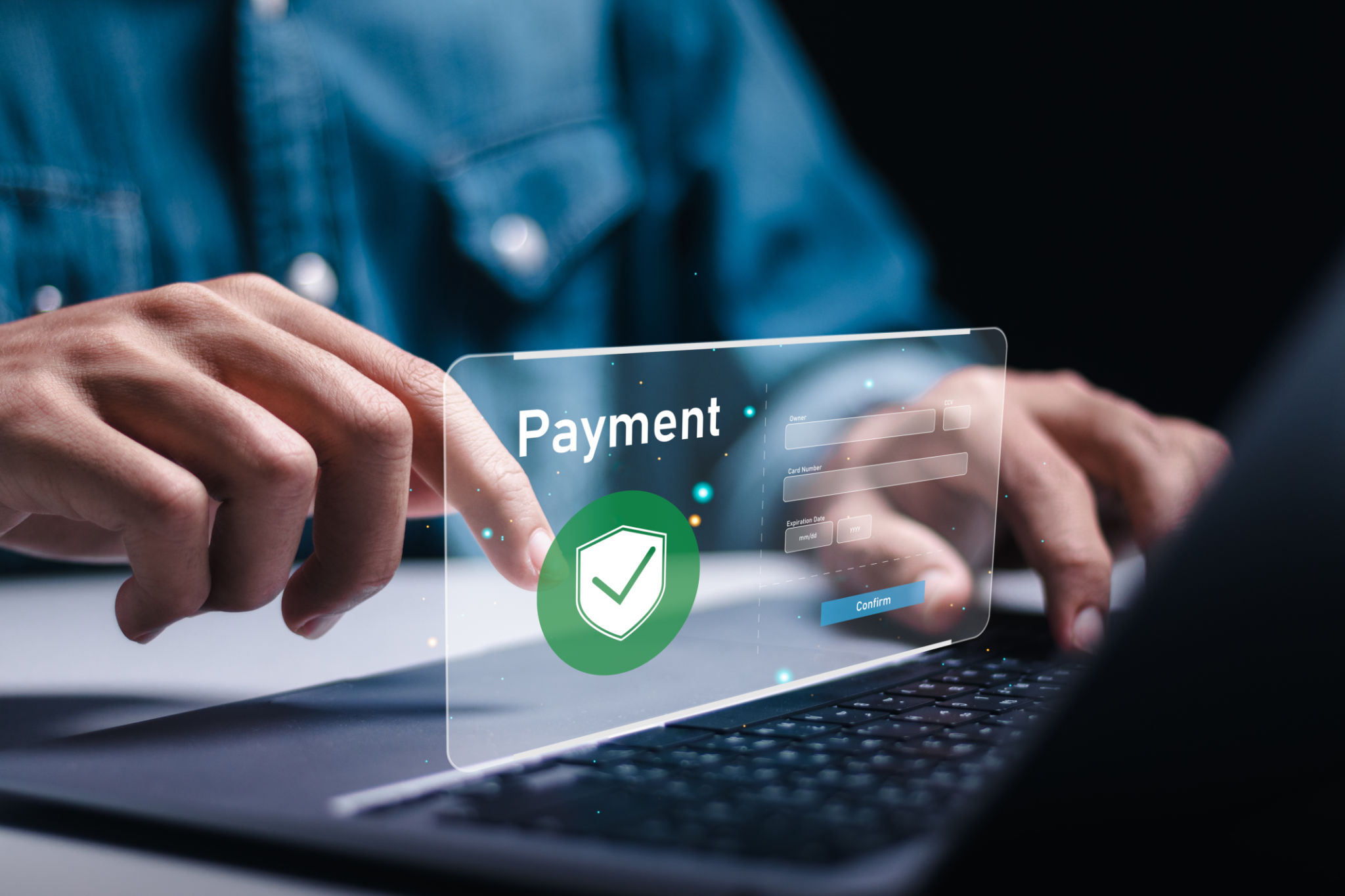A Merchant's Guide to Payment Processing: FAQs Answered
Understanding Payment Processing
In today's digital age, payment processing is a crucial component for any merchant looking to thrive in the marketplace. Whether you're running a brick-and-mortar store or an online business, understanding how payment processing works can greatly impact your sales and customer satisfaction. This guide aims to answer some of the most frequently asked questions about payment processing.

What is Payment Processing?
Payment processing refers to the series of steps involved in completing a transaction between a merchant and a customer. It includes the authorization, capture, and settlement of funds from the customer's account to the merchant's account. A reliable payment processor ensures that these transactions are fast, secure, and efficient.
How Does Payment Processing Work?
The process starts when a customer presents their payment method, such as a credit card or mobile payment app. The payment processor then communicates with the customer's bank to ensure funds are available. Once approved, the transaction is authorized, and the funds are captured and eventually settled into the merchant's account. This seamless process is often completed within seconds.
Choosing the Right Payment Processor
Selecting the right payment processor is vital for your business's success. Here are some factors to consider:
- Fees: Understand the transaction fees, monthly charges, and any hidden costs.
- Security: Ensure the processor complies with PCI DSS standards to protect customer data.
- Integration: The processor should easily integrate with your existing systems.

What are the Common Fees Associated with Payment Processing?
Payment processing fees can vary widely depending on the provider and the type of transaction. Common fees include:
- Transaction Fees: A percentage of each sale.
- Monthly Fees: Regular charges for using the service.
- Chargeback Fees: Costs incurred when a customer disputes a transaction.
Enhancing Security in Payment Processing
Security is a top concern for both merchants and customers. Implementing robust security measures helps protect sensitive information. Look for processors that offer end-to-end encryption and tokenization to safeguard transactions. Regular security audits and compliance with industry standards are also essential.

How Can Merchants Reduce Chargebacks?
Chargebacks can be costly for merchants, but there are ways to minimize them:
- Clear Policies: Ensure return and refund policies are transparent and easily accessible.
- Excellent Customer Service: Promptly address customer issues to prevent disputes.
- Fraud Prevention Tools: Utilize tools that detect and prevent fraudulent transactions.
The Future of Payment Processing
The payment processing landscape is continually evolving with advancements in technology. Emerging trends such as contactless payments, cryptocurrency transactions, and biometric authentication are shaping the future. Staying informed about these innovations can help merchants remain competitive and meet the changing expectations of consumers.
By understanding the ins and outs of payment processing, merchants can make informed decisions that enhance their business operations and customer experiences. Whether you're new to payment processing or looking to optimize your current system, this guide provides essential insights to help you navigate this complex but critical aspect of your business.
